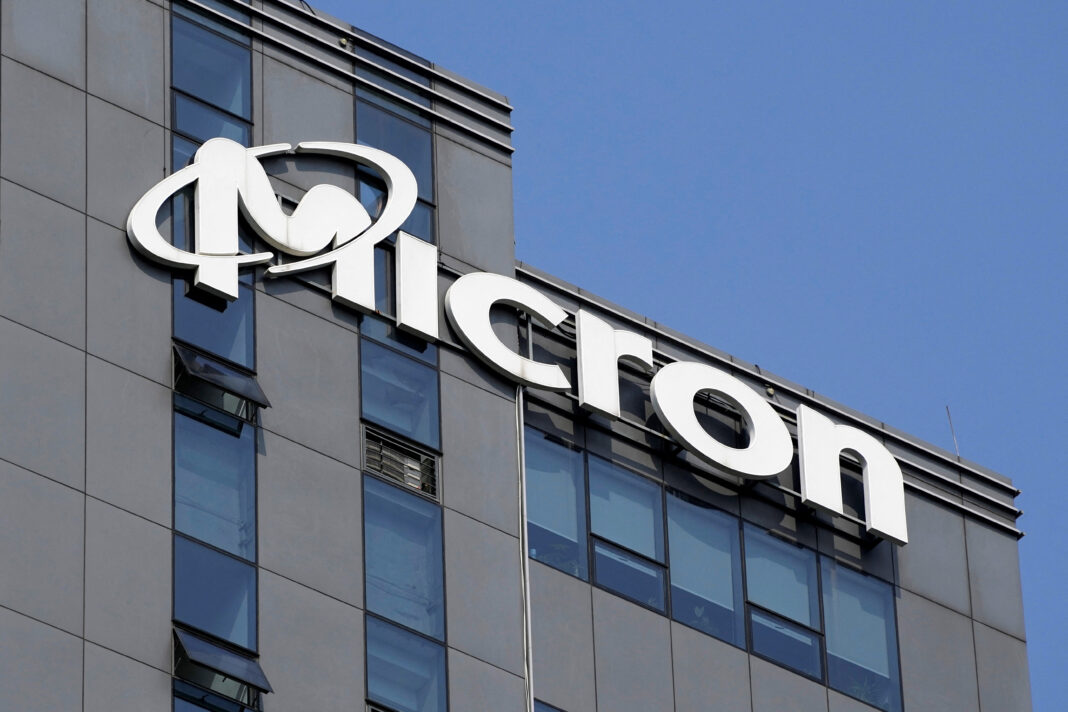New Delhi, June 21: India’s cabinet has granted approval for U.S. chipmaker Micron Technology’s $2.7 billion plan to establish a new semiconductor testing and packaging unit, according to a senior government source.
The decision comes as Prime Minister Narendra Modi is on an official state visit to the United States, where the India-U.S. connection is transitioning to become a crucial aspect of the global semiconductor design ecosystem.
The proposed Micron Chip Testing plant, with a government incentive of $1.34 billion, will be constructed in Gujarat, Prime Minister Modi’s home state.
It will focus on Assembly Testing Marking and Packaging, involving the testing and packaging of semiconductor chips, rather than their manufacturing. Micron Technology will have the ability to procure and package chips for clients at the facility, and other companies can also send their chips for testing before shipping.
During his visit, Prime Minister Narendra Modi is scheduled to meet with several top American company CEOs, including those from the semiconductor industry.
These developments coincide with the White House’s efforts to encourage U.S. chip companies to invest in India, as discussions continue regarding potential additional investments, as relayed by U.S. administration officials.
President Biden aims to mitigate the risks associated with conducting business in China by fostering stronger economic integration between the United States and India.
According to a senior Biden administration official, this approach, referred to as “friendshoring,” seeks to create closer ties with the world’s largest democracy. The White House is “encouraging” the number of U.S. firms considering investing in India.
In May, China announced that Micron had failed a security review, leading to the prohibition of purchases of products from the largest memory chipmaker in the United States by operators of critical domestic infrastructure. This action sparked dissatisfaction within the Biden administration.
Taiwan currently accounts for over 60% of global semiconductor production, which is vulnerable to the threat of Chinese expansionist actions.
Moreover, China, another major manufacturing player, has instilled fear among tech companies due to the Communist Party’s tightening grip on businesses, the declining Chinese economy, and escalating U.S.-China trade tensions.
These developments are threatening the semiconductors supply chain, which causing fear among the global business community.
Amidst this changing scenario, the United States and its allies are trying to ”friendshore” their investment to friendly countries, including India, Indonesia, and Vietnam.
The establishment of a Micron Chip Testing Plant in India aligns with Prime Minister Modi’s vision of transforming the country into a semiconductor manufacturing base.
To attract global chip manufacturing companies and establish India as a chips manufacturing hub, the Indian government recently unveiled a $10 billion incentive package.
However, true success in achieving this vision will require actual semiconductor manufacturing capabilities.
According to Reuters, three major companies, including a Foxconn joint venture, that submitted bids for Indian semiconductor incentives are encountering challenges due to the lack of a technology partner.
While the Micron deal contributes to the overall vision, it is not a transformative step, as the industry source acknowledges that the major puzzle piece of establishing India as a semiconductor base is yet to be resolved.
The Indian government’s facilitation of investment through the Make in India program, coupled with the U.S. administration’s push for “friendshoring” holds the potential to attract much-needed investment in India and help actualize the vision of establishing India as a semiconductor manufacturing hub.






